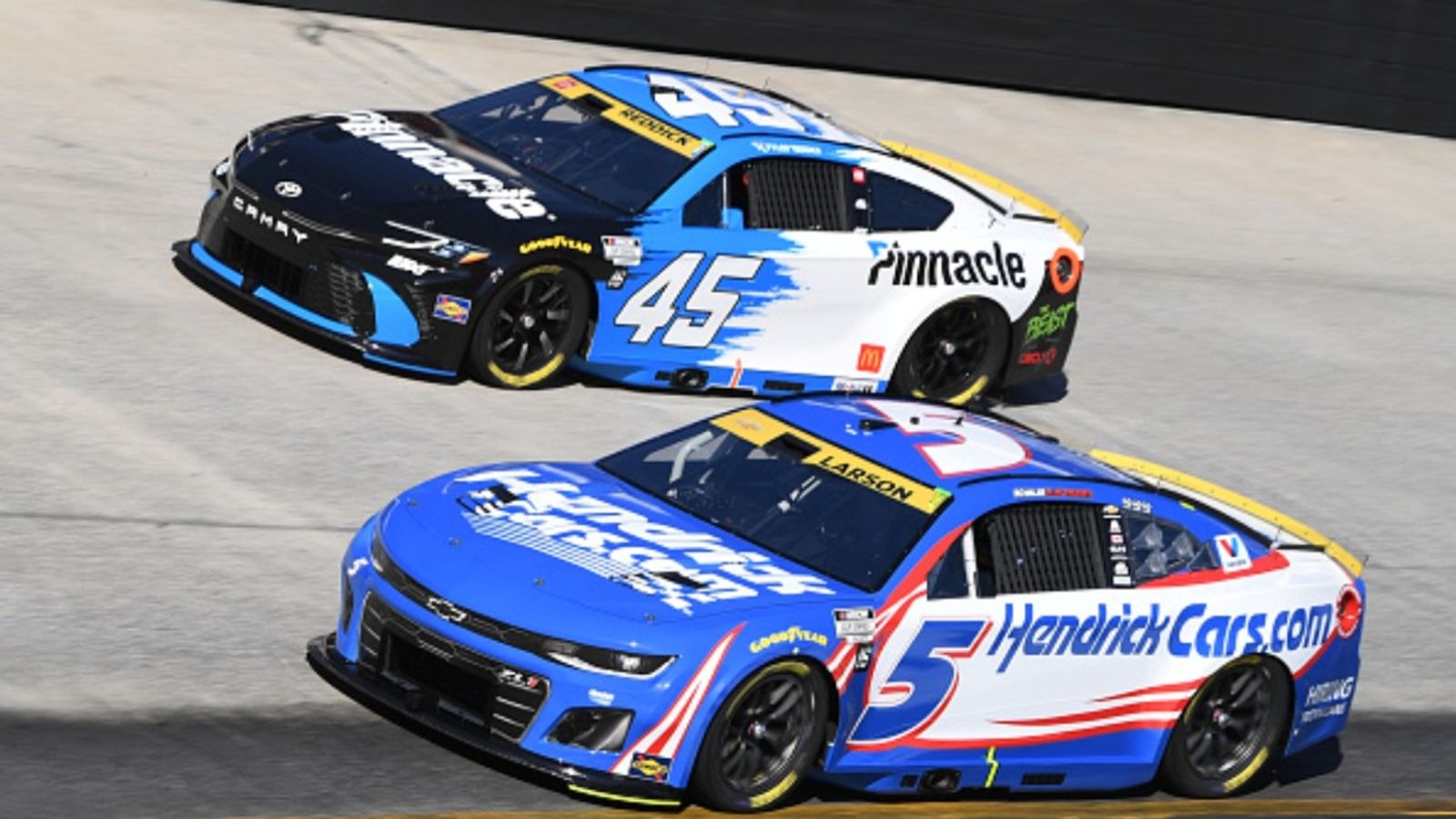NASCAR has taken a bold step in its high-stakes antitrust battle against 23XI Racing and Front Row Motorsports, filing a motion for summary judgment that underscores the intensity of one of the most pivotal legal disputes in modern stock car racing.
The case, which accuses NASCAR of using its charter system to suppress competition and limit financial opportunities for teams, is currently slated for trial on December 1. While summary judgment is rarely granted in cases with so many disputed facts, NASCAR’s latest filing provides a preview of its defense and the broader implications for the future of the sport.
NASCAR’s defense: Protecting the charter system
NASCAR’s legal team, led by attorneys from Latham & Watkins and Shumaker, Loop & Kendrick, argued that the charter system has brought stability, value, and long-term growth to stock car racing. The motion cites sworn statements from prominent team owners who strongly support the framework.
Rick Hendrick of Hendrick Motorsports praised the France family’s leadership and described the charter system as “critical to the stability of the NASCAR ecosystem”. Similarly, Roger Penske, chairman of Penske Corporation, emphasized that the system has created long-term equity value for teams, while Joe Gibbs of Joe Gibbs Racing warned that dismantling it could threaten “the long-term viability of our incredible sport.”
NASCAR also highlighted that 13 of the 15 race teams have already signed the 2025 charter agreement, portraying 23XI and Front Row as outliers attempting to renegotiate terms through litigation.
The case against NASCAR
23XI Racing, co-owned by Michael Jordan and Denny Hamlin, along with Front Row Motorsports, allege that NASCAR wields monopoly power through its charter system, which guarantees starting spots in races but restricts teams’ ability to explore other circuits.
The plaintiffs argue that the system stifles competition and locks teams into waivers that prevent them from pursuing legal claims. Their lawsuit also accuses NASCAR of buying up competing circuits and using restrictive deals to ensure that “no other motorsport series” rivals NASCAR’s dominance in broadcast ratings, sponsorship revenue, or live attendance.
Earlier, 23XI and Front Row sought a preliminary injunction to gain charter benefits without waiving legal claims, but the court denied the request.
Counterclaims and potential outcomes
NASCAR has countersued 23XI, Front Row, and Curtis Polk, accusing them of forming an illegal cartel, coercing other teams, and interfering with media negotiations. The sanctioning body insists that the charter system has increased the combined equity value of charters by more than $1.5 billion since 2016, benefiting teams across the board.
While the case is scheduled for trial, there remains the possibility of a settlement before December. Such an outcome could reshape the relationship between NASCAR and its teams, potentially altering how charters function in the years to come.
Both sides are expected to continue filing motions ahead of trial. NASCAR is leaning heavily on industry support for its model, while 23XI and Front Row will argue that the system unfairly consolidates power. With so much at stake — from billions in revenue to the competitive balance of the sport — the courtroom battle could redefine the future of NASCAR.


